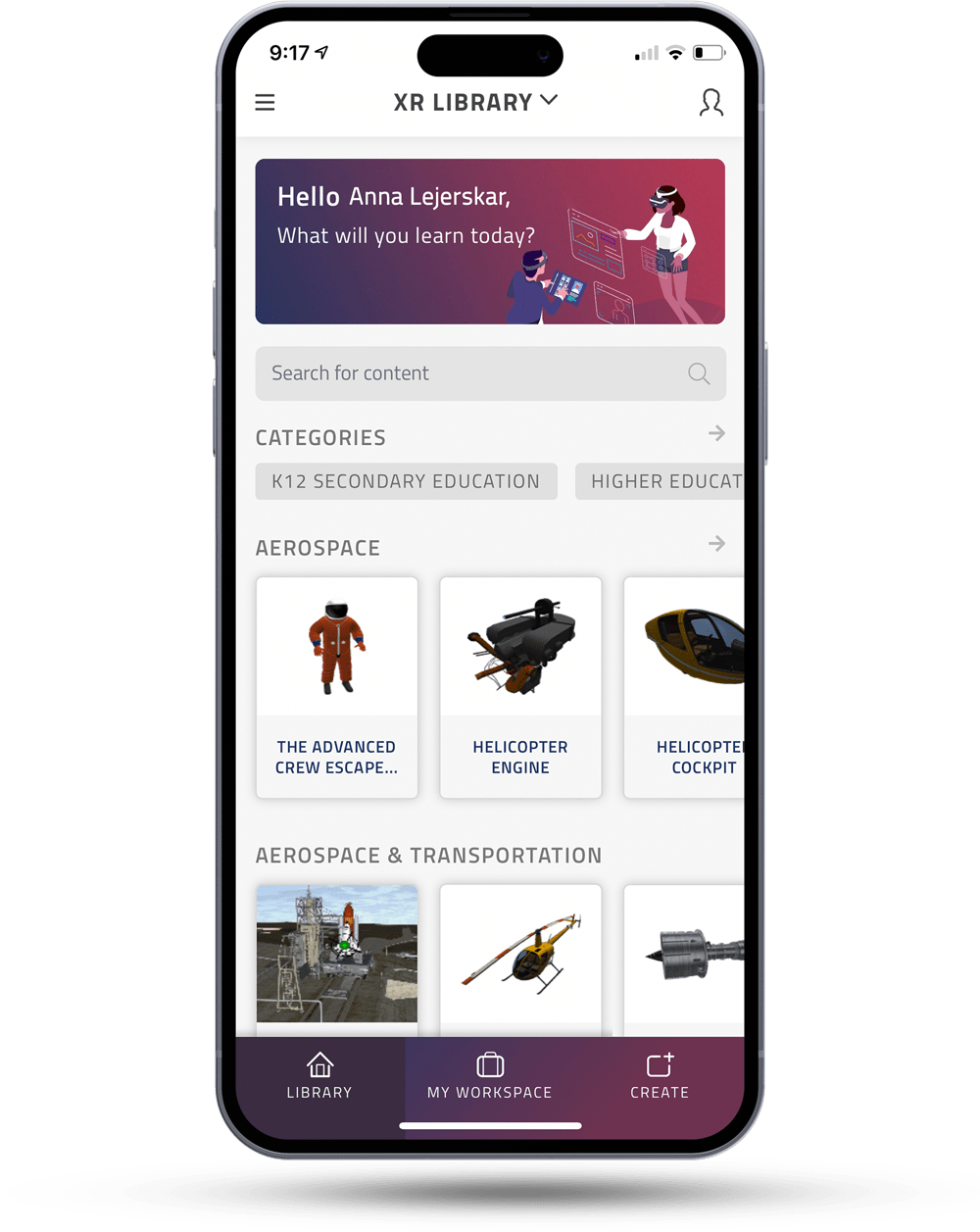![]() University of Miami sports teams will soon be watchable in VR. The institution has recently partnered with EON Sports VR to showcase its sports teams.Engadget reported that EON Sports VR is developing a VR channel that will feature the University of Miami sports teams. Through the network’s proprietary technology, the school can upload dynamic content to their channel to give fans an immersive behind-the-scenes experience in a customized VR environment.
University of Miami sports teams will soon be watchable in VR. The institution has recently partnered with EON Sports VR to showcase its sports teams.Engadget reported that EON Sports VR is developing a VR channel that will feature the University of Miami sports teams. Through the network’s proprietary technology, the school can upload dynamic content to their channel to give fans an immersive behind-the-scenes experience in a customized VR environment.
Content such as men’s and women’s scrimmages, practice footage and huddles can be accessed through a $30 Hurricane-branded VR headset. The device is slated for release in early October.
“We’re thrilled to partner with the University of Miami and commend them for taking a bold step in utilizing virtual reality to improve the fan experience,” Brendan Reilly, CEO and founder of EON Sports VR, said in a statement. “Professional and student athletes have used our technology to improve their performance on the field and we are excited to bring that same mindset to fans. I dreamed of experiences like these growing up and I cannot wait to experience what the U’s athletes are doing in practice.”
“We’re incredibly excited to be working with EON Sports to put this virtual reality channel together. At the University of Miami, we strive to be on the cutting edge of digital, video, social, and web technologies and EON and their team have helped immensely in that endeavor,” Jason Layton, Miami Senior Associate Athletic Director for Communications and Sales, added. Apparently, the institution is planning to expand to other features such as 360º video.
In another report by Engadget, it was revealed that a physicist from the University of Miami was able to create an algorithm that can scan the social media posts of ISIS. Hopefully, this can eventually be used to predict where the terrorist group is planning to attack next.
Dr. Neil Johnson and his team searched through a year’s worth of posts on the social network Vkontakte. The data allowed them to build “a statistical model aimed at identifying behavioral patterns among online supporters of ISIS.”



















